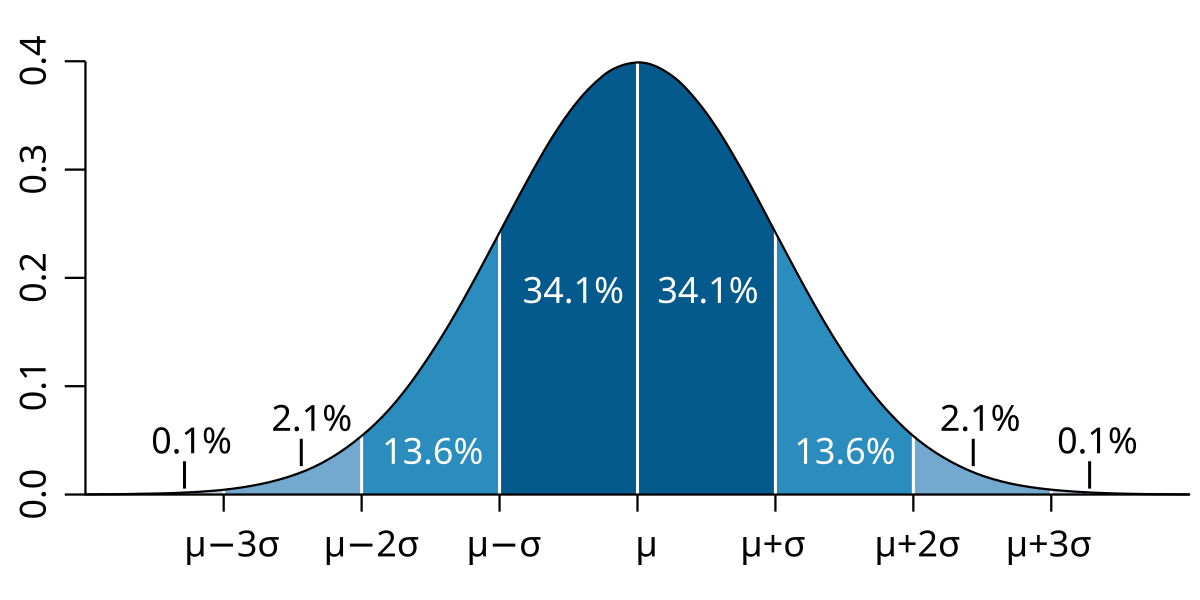I don't see anything revolutionary.
I see a replay of the many lengthy threads going back years on free will versus determinism.
I should have learned to avoid these kinds of threads by now, but I guess I am predestined to post in meaningless debates.
I don't see anything revolutionary.
I see a replay of the many lengthy threads going back years on free will versus determinism.
I should have learned to avoid these kinds of threads by now, but I guess I am predestined to post in meaningless debates.
How can you see anything revolutionary if you don’t know what the discovery is and how it extends. This is not a meaningless debate. But if it rubs you the wrong way, by all means go to another thread. There are plenty to choose from.
From long experience on the forum looking at revolutionary videos and links.
No Robots quotes his dead revolutionary guru saying the world is becoming Jewish.
Free will and determinism are one of those perennial philosophical debates picked up by each generation going far back in history. The ancient Egyptians had a kind of board game loosely translated as 'fate'.
Pragmatically in living we make decisions ad choices every day. I'd say all of it is predicated on prior experience and knowledge. What we are born into and how we grow up are randomized. we have no control over it and it affects how we think and choose.
The idea that mind is an independent reality in isolation is old pre 20th century metaphysics. We are all immersed in a culture continuum, it is inescapable. We are constantly subject to influences. No all of it at the conscious level.
Non of it is deterministic meaning predicable. Behavior of large grounps are predictable statically, but not individuals.

